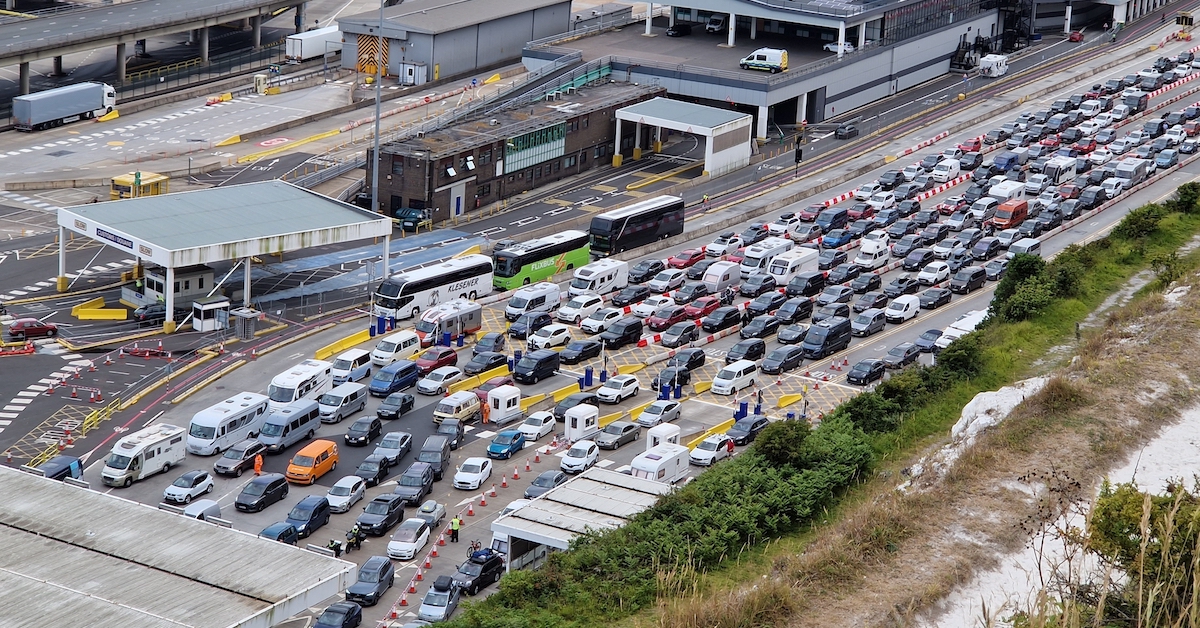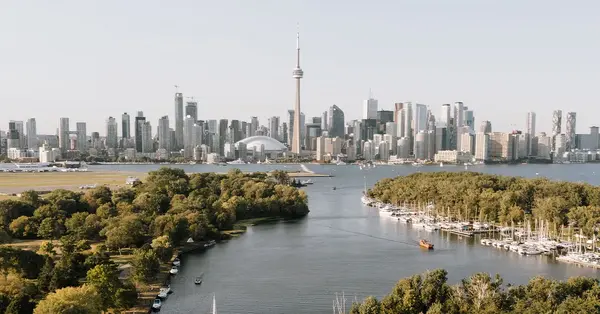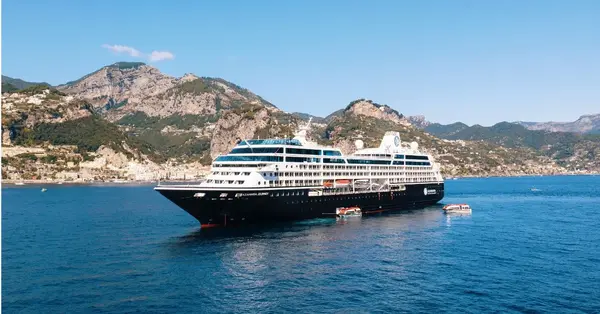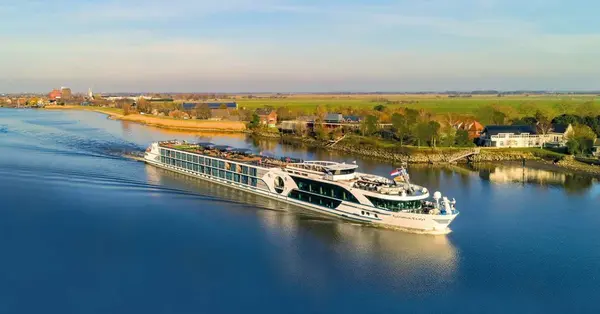You are viewing 1 of your 2 free articles
Border Force strikes threaten inbound delays at ports this weekend
Returning half-term travellers faced potential disruption at the Port of Dover this weekend amid the latest strike by UK Border Force staff.
The planned strike from Friday to 7am on Monday is confined to Dover, Calais, Dunkirk and the Channel Tunnel Terminal at Coquelles, with disruption expected on the French side of the Channel where UK border checks are carried out.
However, a bigger threat of disruption this summer from a new EU Entry/Exit System (EES) for non-EU passport holders has been removed until the end of the year.
More: Interview: ‘We clear delays quickly and you can turn up and go’
Port of Dover chief executive Doug Bannister praised Border Force contingency plans for the strikes and expressed relief at the delay to introduction of the EES, confirmed last month.
The system, already pushed back from last year, had been expected to be introduced in May threatening disruption over the May Day, Coronation and Whitsun bank holiday weekends.
Bannister told Travel Weekly: “We’ll have a clear run this summer with no additional checks or processes.”
The EES will replace passport checks with biometric controls requiring registration of travellers’ fingerprints.
Bannister warned: “This will be a much bigger challenge at Dover and Eurotunnel, where passengers are in vehicles, than at airports, although passengers may find large queues an arrival at EU airports [when the system is introduced].”
He said: “We need the technology tested and proven, the back office needs to work and we need clear processes, not only validation at the border.
“To get all that done by May would have been a challenge. There is technology which has been trialled a bit in France. But until we see the rules and test the technology, we don’t know how it’s going to work.”
Bannister noted the EU plans a ‘big bang’ introduction of the system and said: “Some airports were saying it wouldn’t be a problem. But there is an orderly queue in an airport arrivals hall. We have to deal with queues of cars on dark, wet, windy nights.”
He added: “Because it’s a border-control function, there is very little the port can do. We’re relying on the government, working with the French government and EU, to come up with a workable solution.”
The UK has its own Future Border 2025 programme underway and Bannister said: “Ideally, we would like the systems aligned and to have a single process.”
More: Interview: ‘We clear delays quickly and you can turn up and go’


















